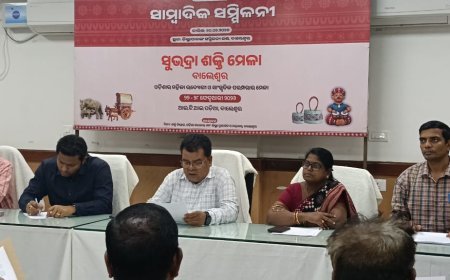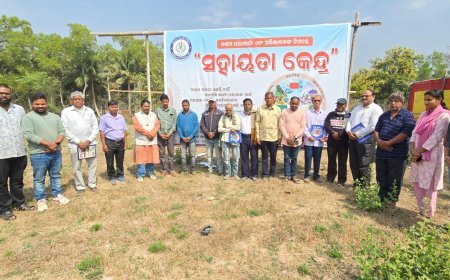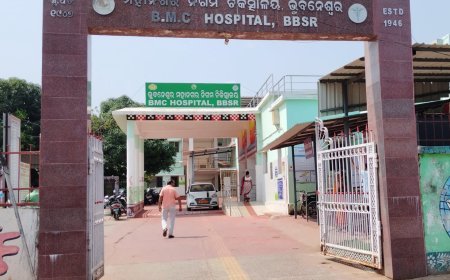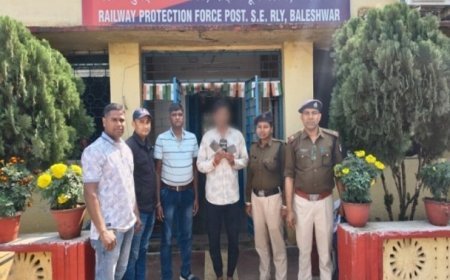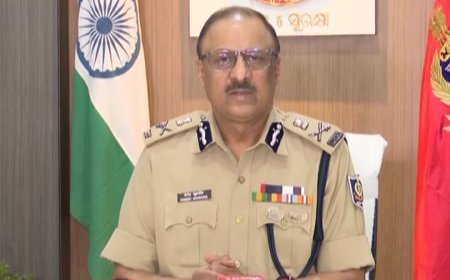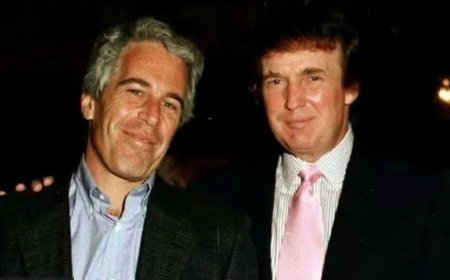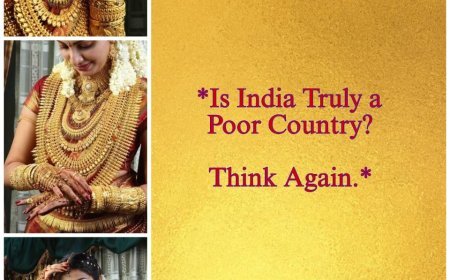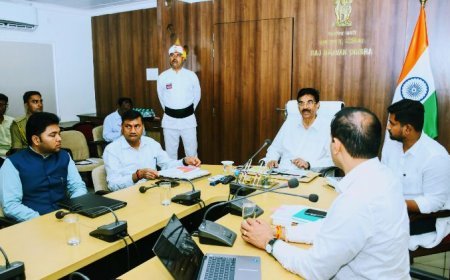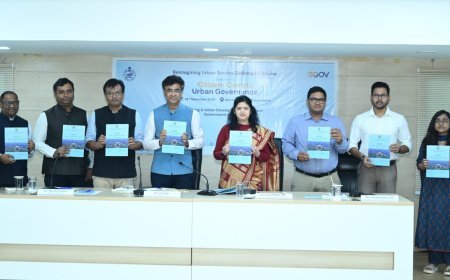Maha Shivaratri (Jagara): The Divine Night of Lord Shiva
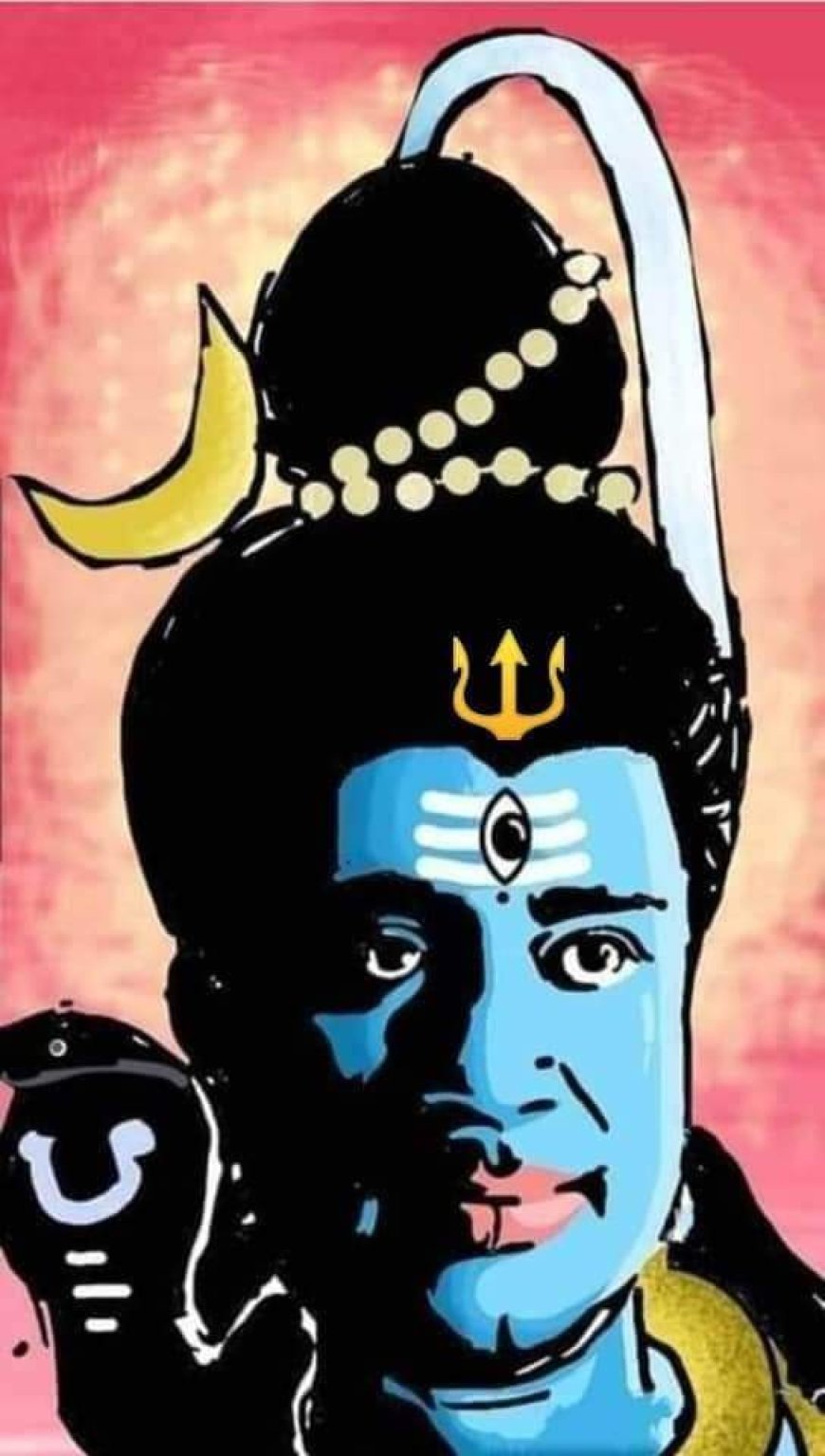
Sanjay Bhatt
Maha Shivaratri, also known as Jagara in Odisha, is one of the most revered Hindu festivals dedicated to Lord Shiva. Celebrated on the 14th night of the waning moon in the month of Phalguna (February-March), this sacred occasion symbolizes devotion, penance, and spiritual awakening. It is believed that on this night, Lord Shiva performs the cosmic dance of creation, preservation, and destruction, making it a time of great spiritual significance for devotees.
The Divine Vigil: The Essence of Jagara
In Odisha, Maha Shivaratri is popularly called Jagara, meaning "night-long vigil." Devotees remain awake throughout the night, engaging in prayers, bhajans, and meditation. The belief is that those who observe the Jagara with utmost devotion are blessed with divine grace and liberation from past sins. The grandeur of the festival is most visible in Odisha’s ancient Shiva temples, such as Lingaraj Temple in Bhubaneswar, Kapilash Temple in Dhenkanal, and Gupteswar Temple in Koraput, where thousands gather to seek the Lord’s blessings.
The Rituals and Offerings
The day begins with devotees taking a ritual bath in holy rivers or ponds and observing a day-long fast. They visit Shiva temples, offering bilva leaves, milk, honey, ghee, and bhang (a drink made from cannabis leaves, considered sacred to Shiva). Chanting of Om Namah Shivaya and recitation of the Shiva Purana fill the air with divine vibrations.
One of the most important rituals is the Mahadeepa Darshan. A grand lamp (Mahadeepa) is lit atop the temple at midnight, marking the most auspicious moment of the festival. The sight of this sacred flame is believed to fulfill devotees’ wishes and bring prosperity.
The Legend Behind Maha Shivaratri
Several legends are associated with Maha Shivaratri. One popular belief is that it marks the divine wedding of Lord Shiva and Goddess Parvati. Another legend narrates the story of the Neelkanth – the day when Lord Shiva consumed the deadly poison (Halahala) during the churning of the ocean (Samudra Manthan) to save the universe. The poison turned his throat blue, earning him the name Neelkanth, and the night of Maha Shivaratri is observed in his honor.
Spiritual Significance and Celebration
Maha Shivaratri is not just a festival; it is an opportunity for self-reflection and spiritual elevation. It is believed that observing fasts, meditating, and chanting Shiva Mantras on this night leads to moksha (liberation from the cycle of birth and death). In Odisha, folk traditions also associate Jagara with personal vows, where devotees pray for health, success, and the well-being of their families.
As the night unfolds, temples echo with the rhythmic sounds of Damaru (Shiva’s drum), conch shells, and devotional songs, creating an atmosphere of divine ecstasy. The darkness of the night symbolizes ignorance, while the divine vigil represents the pursuit of enlightenment.
A Night of Divine Grace
Maha Shivaratri, or Jagara, is a celebration of faith, devotion, and the timeless power of Lord Shiva. It is a reminder that through unwavering dedication and inner awakening, one can attain the ultimate truth. As the lamps glow and chants resonate, devotees find themselves immersed in a divine experience, feeling closer to the eternal presence of Mahadeva – the Supreme Lord of the Universe.
May this Maha Shivaratri bring peace, prosperity, and divine blessings to all. Har Har Mahadev!
"Om namah Shivay"









